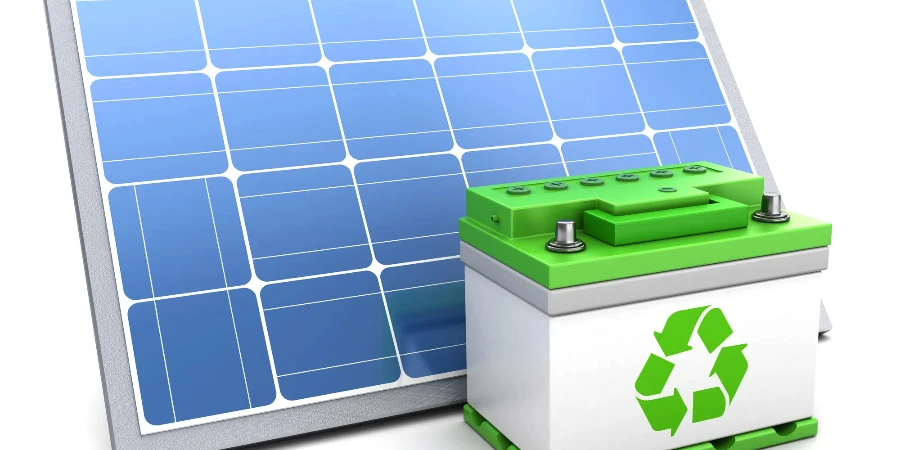Solar batteries are an important component in the ecosystem of renewable energy sources. Solar battery is a device used for storing energy conversion from sunlight into electricity during the daytime and making that energy usable after the sun down. This article aims to provide insight into solar batteries, its benefits, accompanying technology, cost, installation steps, and future development as a form of sustainable energy storage.
Table of Contents:
– Benefits of solar batteries
– Understanding the technology behind solar batteries
– Cost considerations for solar batteries
– Installation process of solar batteries
– The future of solar batteries
Benefits of solar batteries
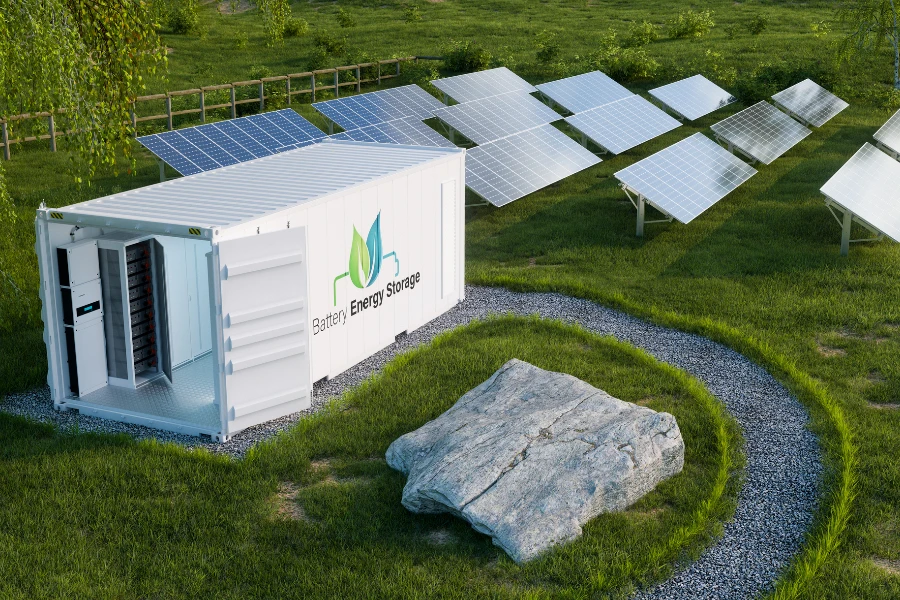
Solar batteries are one of the best solutions for renewable energy. It’s not a complicated device. There are lots of benefits of solar batteries. Firstly, it provides independence from power consumption. This means that extra solar energy will be stored in electricity, and you will use it when peak hours for using electricity, or even if the gram is down. If you have stored energy, you don’t need to buy a lot of additional units when you need extra power. Eventually, the electricity price will go down. The use of solar energy is important and depends mostly on solar batteries. The world will be greener if we use more of this renewable energy. Moreover, the use of solar energy leads to a smaller carbon footprint. The last benefit is that this system power grid system is more reliable since even if the ppower grid is down, you can still use it to get your electricity for an emergency.
Understanding the technology behind solar batteries
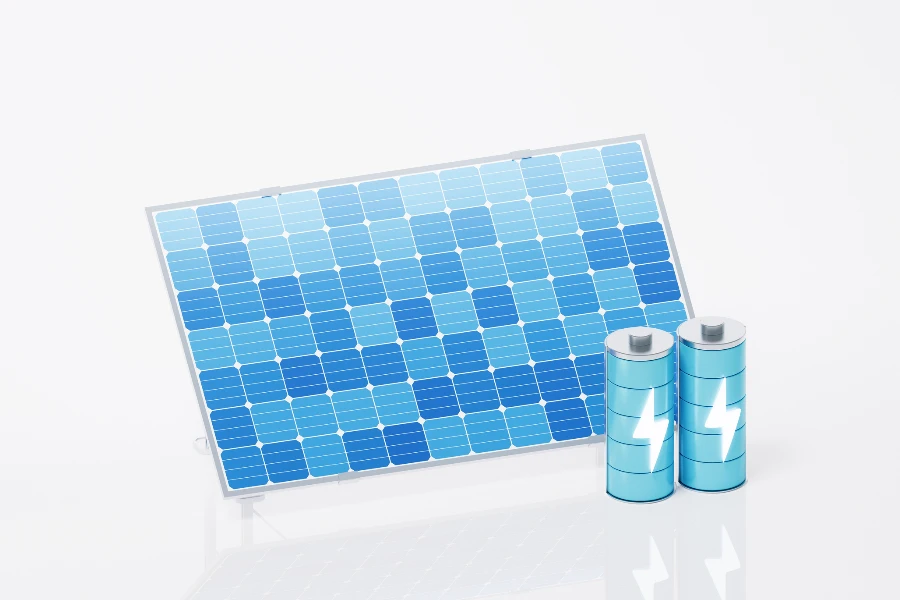
Sophisticated technology in solar batteries is what makes the storage and release of energy possible and efficient. A typical home battery employs energy-technology concepts such as lithium-ion and lead-acid chemistry (lithium-ion batteries are preferred for the higher efficiency, longer cycle life and much smaller size) and conversion of the direct current energy produced from the solar panels to alternating current energy to achieve this. Furthermore, features such as battery management systems (BMS) monitor battery health, thus enhancing safety and longevity by preventing overcharging and deep discharge of batteries.
Cost considerations for solar batteries

Buying solar batteries also incurs upfront costs that depend on the capacity, lifespan, and brand value. While the initial expenditure is huge in most cases, the long-term savings from lower electricity bills and energy security make owning a solar battery a worthwhile investment. The key for any consumer is to assess his/her energy requirements and budget to In addition, government incentives and rebates play a vital role in reducing costs, making the transition to solar batteries feasible for a larger segment of homeowners.
Installation process of solar batteries
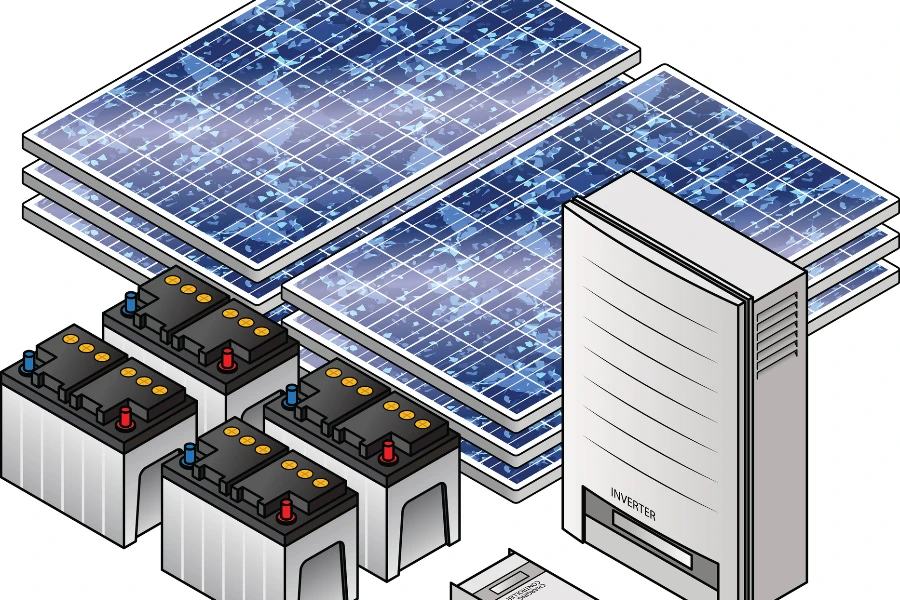
This is a crucial step in installing solar batteries. It is much safer if you contact a professional with the necessary knowledge to assess the energy needs of your home and install the right-sized battery with your solar panel. Local building codes and regulations must be adhered to for a safe and legal installation. Energy storage capacity can be maximised, while providing support for your solar energy system to function effectively and reliably for many years.
The future of solar batteries
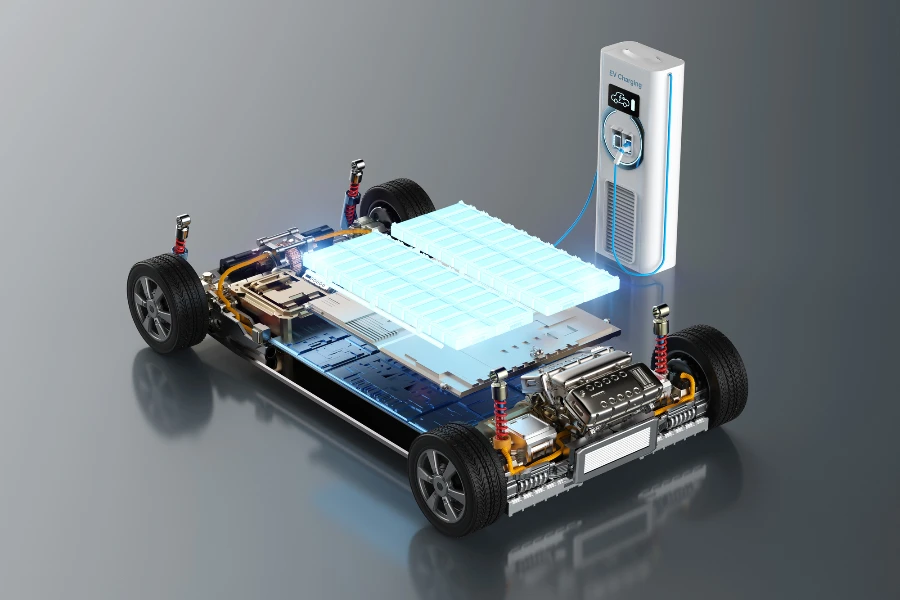
The future of solar batteries is optimistic. Storage technology is rapidly improving to make panels more efficient, less expensive and more eco-friendly. Solid-state batteries and other upgrades to lithium-ion technology are on the horizon, with energy density and life expectancy improvements. With the continued evolution of research and development, affordable solar batteries will be widely available, and the renewable energy transition will be expedited. This will be part of a more resilient and sustainable energy future.
Conclusion:
Solar batteries are a vital part of the clean energy transformation, bringing not only environmental benefits but also savings on bills and much-needed energy independence. As technology improves and becomes more affordable, the use of solar batteries is only set to grow, bringing us closer to an energy future that is not only clean, but also more resilient and less beholden to fossil fuels. Learning the basics of solar batteries, therefore, allows consumers to make educated decisions on whether to invest in solar energy, ultimately contributing to the global renewable energy movement.
